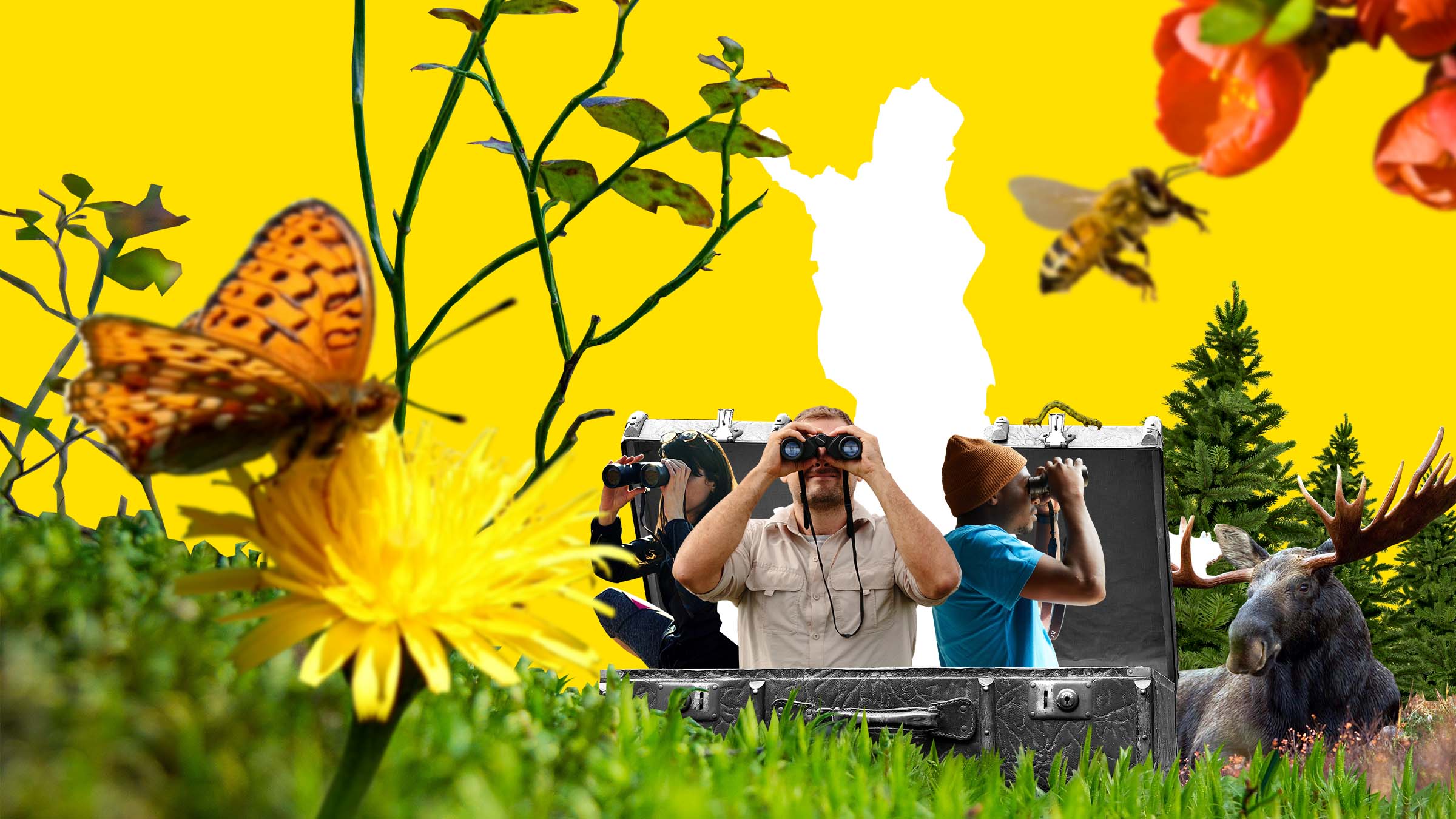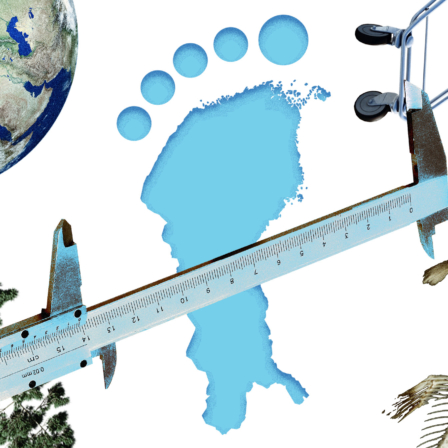What kind of example can grandparents set for their grandchildren on our relationship with nature? What does nature mean to students, cultural operators and farmers? And what is the role of natural capital in business?
These were some of the questions explored during the Great Nature Dialogue Day, which aimed to deepen understanding of what nature means to different people and organisations. Dialogue between different views is important when considering how to safeguard biodiversity.
The nature dialogues were organised by a diverse range of actors from different sectors of society: educational institutions, cities, environmental organisations, business and industry, political organisations and individuals.
A full list of the topics of the dialogues can be found on the event’s website. The Great Nature Dialogue Day was organised jointly by Sitra and DialogiAkatemia.
Great need for constructive nature dialogue
The Great Nature Dialogue Day saw over 100 constructive nature dialogues held in dozens of locations throughout Finland. This was one of the largest dialogue days held in the country using the Timeout dialogue method.
In total, over 700 participants took part. There were also new voices: every second dialogue involved people who were taking part for the first time in a debate on nature and biodiversity.
Feedback from the dialogue organisers indicated that the dialogues were perceived as important and inspiring by both the organisers and participants. As many as 95% of the organisers said they felt that there was a need for further dialogues, and 56% would be prepared to reorganise a dialogue again.
There were also suggestions for improvement. The most important concerned the need to broaden the scope of discussions between different actors and groups of people. There was also a wish expressed that the materials provided for the dialogues should be tailored to different age groups, for example.
Need for dialogue more pronounced in time of crisis
The Russian war of aggression against Ukraine has caused enormous human suffering and massive material damage. Some of the discussions on the Great Nature Dialogue Day were built around the ideas and feelings raised by the war in Ukraine. On the other hand, a large part of the dialogues was not directly affected by the war or was only briefly discussed.
Feedback from the dialogue organisers indicated that people considered the events as a special opportunity to discuss other important topics that concern humanity as a whole. Feedback strongly emphasised the experience that biodiversity and its loss should also be discussed in times of crisis.
“It was a shared experience that nature gives us peace and security even in the midst of crisis. It is important to discuss biodiversity loss also in times of crisis.”
“Loss of biodiversity and the climate crisis are continual and the war in Ukraine is intensifying them, so it was all the more important to discuss the topic. The nature dialogue also made it possible to sort of get beyond the acute and distressing subject and to pause and reflect on the very basis of human existence.”
Local urban nature became a major theme
The importance of local nature emerged in several dialogues. In Tampere, the dialogue on the preservation of local habitats and the relationship of local people with nature gave the participants an opportunity to discuss the importance of local nature at a deeper level:
“In the area, proximity to nature is perceived as an asset. We wanted not only to discuss the importance of nature, but also to understand what would inspire people in the area to care for nature in the future. The dialogue inspired people, and gave feedback that the discussion was important.”
On the other hand, the dialogues also provided an opportunity to discuss nature and its significance from other perspectives were important to different organisations. For example, the discussion on the significance of nature for agricultural and forestry producers, organised by the Central Union of Agricultural Producers and Forest Owners (MTK), was seen as useful in terms of their own work:
“It was a good concept to be able to build your own dialogue and apply it to your own development work. Will be used again in the future!”
The discussion held by Statistics Finland also emphasised the importance of dialogue not only as a means of presenting new perspectives, but also as a means of connecting organisations and people:
“In our culture, [dialogue is] a fairly exceptional and new way of dealing with the topic. Dialogue brings experts together and allows new knowledge to develop. It motivates all participants to think about things from at least slightly new perspectives. It also brought the realms of work and the personal closer together. And, therefore, also brought the personal of other participants closer.”
Dialogues towards a nature-wise Finland
Sitra will commission a summary of the nature dialogues, to be published in May. The summary will outline the key themes and perspectives of the discussions held on the Great Nature Dialogue Day: what different meanings do Finns give to nature and what unites our thinking? And what prevents us from stopping the loss of biodiversity?
The nature dialogues are part of Sitra’s vision work related to nature, the results of which will be published later this year. The vision will create a realistic and positive future image of a Finland that has succeeded in stopping biodiversity loss.
“A topic this big cannot be done with all at once. On the other hand, none of us has the final truth on the matter. The best way to find new ideas is to pool ideas. This is a great way to try and tap into the wisdom that people and their different groups have stored up.”
“… I feel that we need more open discussion with people from different backgrounds to prevent polarisation in society. This is a good start!”
The Great Nature Dialogue Day on 9 March was only the first step, and we need to continue to develop the nature dialogues. The deeper we understand the importance of nature for different people and organisations, the better equipped we are to engage in challenging nature dialogues that bring together different perspectives. If you are inspired to organise a nature dialogue, you can still make use the Great Nature Dialogue Day materials (PDF).
So let the dialogue continue! What can you do in creating a constructive dialogue about nature and on issues big and small?


















Recommended
Have some more.